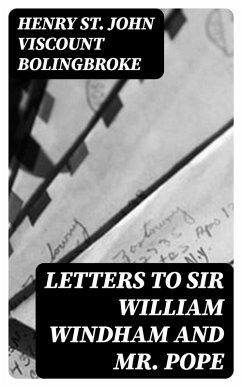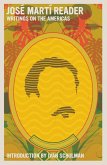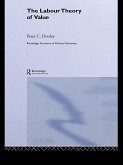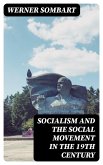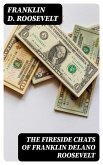In "Letters to Sir William Windham and Mr. Pope," Henry St. John Viscount Bolingbroke presents a series of eloquent epistolary exchanges that illuminate the intellectual fervor of the early 18th century. Bolingbroke's prose is characterized by its incisive wit and profound philosophical inquiry, delving into themes of politics, morality, and the nature of human understanding. Set against the backdrop of the shifting political loyalties and social values of post-Restoration England, these letters reveal a landscape where Enlightenment thought collides with traditionalist views, offering rich insights into the era's complex sociopolitical canvas. Bolingbroke, a prominent Whig politician and philosopher, was deeply influenced by the tumult of his own life, marked by political exile and the pursuit of rational governance. His correspondence with esteemed figures such as Windham and Pope underscores his commitment to articulating a vision of truth and self-governance that transcended mere political ambition. Bolingbroke's engagements with intellectual contemporaries reflect his desire to integrate political philosophy with practical governance, a testament to the urgency of his context. This compelling collection is highly recommended for scholars and enthusiasts of political philosophy alike. Bolingbroke's letters not only enrich one's understanding of the Enlightenment era but also provoke critical contemplation of the enduring questions surrounding governance and the human condition. Readers will find themselves captivated by Bolingbroke's eloquence and conviction, making it an essential addition to any literary or philosophical library.
Dieser Download kann aus rechtlichen Gründen nur mit Rechnungsadresse in A, B, BG, CY, CZ, D, DK, EW, E, FIN, F, GR, H, IRL, I, LT, L, LR, M, NL, PL, P, R, S, SLO, SK ausgeliefert werden.

